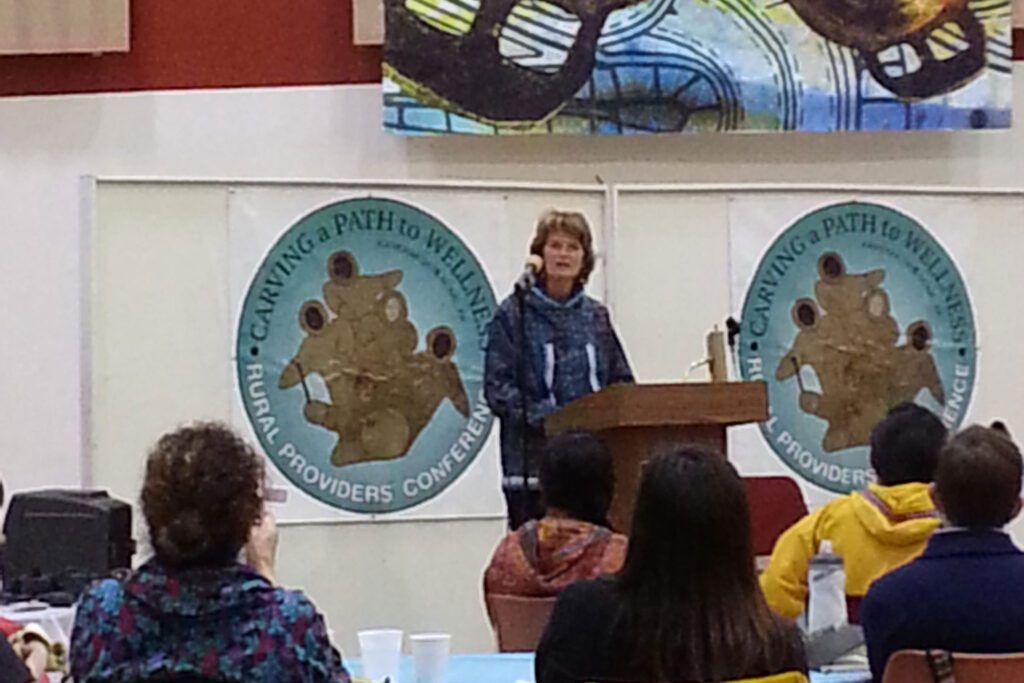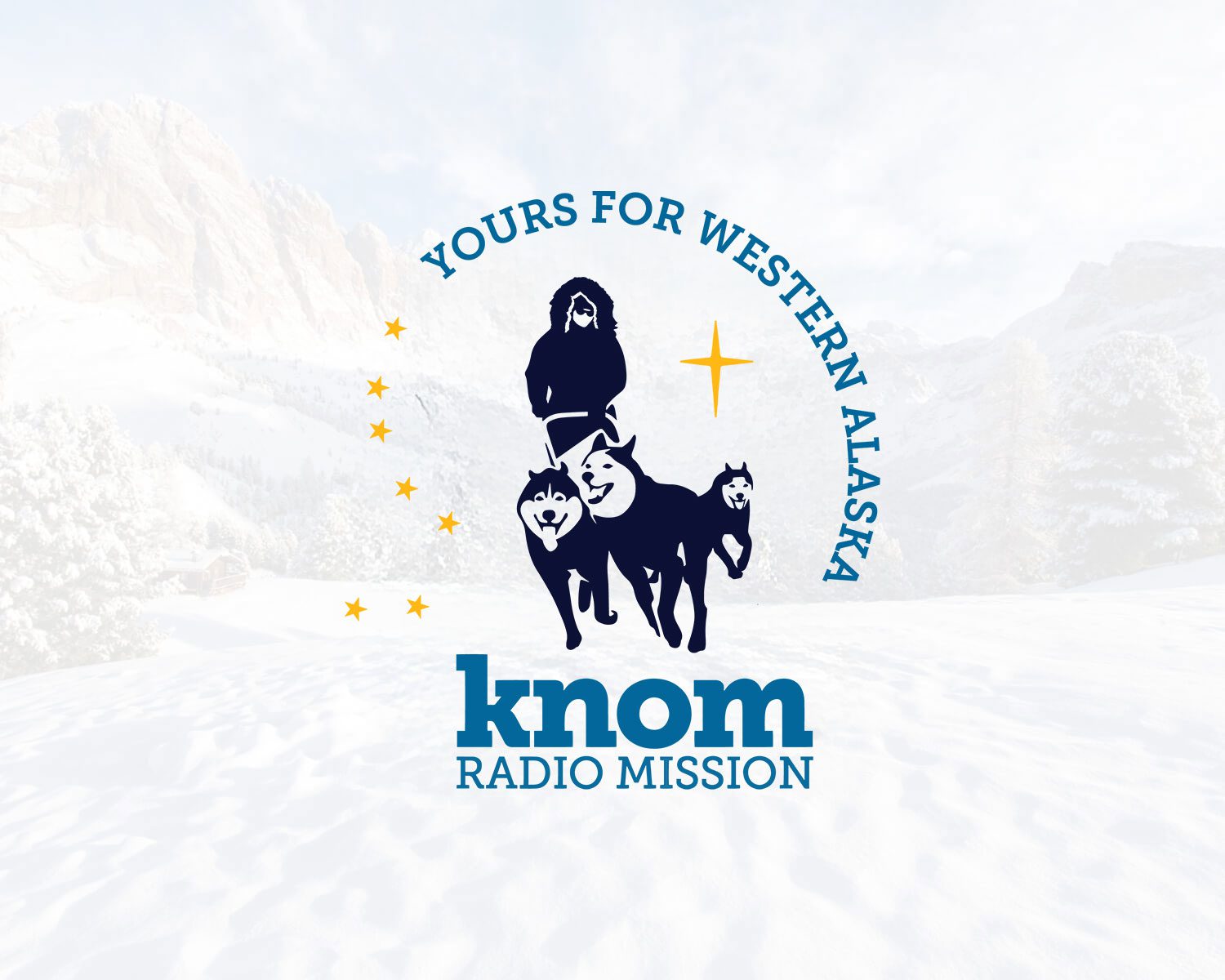In the midst of Kawerak’s Rural Providers’ Conference was a spotlight on a program designed to create more rural providers from within our communities—it’s the Rural Human Services program offered through the University of Alaska.
Designed around indigenous ways of knowing, RHS takes a sharp turn away from the western model of education. Elder Esther Green is an instructor, and she says the supportive class dynamic is vastly better than the education environment of her childhood.
“In that class, western style, I didn’t connect with my peers. I didn’t connect with anyone who was there. So I felt like, even though there were a lot of students there, I felt like I was alone,” said Green.
This is due in part, according to instructor Diane McEachern, to what she calls “educational damage” that has been done to indigenous populations in Alaska.
“I used to be a school social worker, so I traveled to a lot of villages K-12 [schools] and it occurred to me that students often had to leave parts of themselves at the door,” said McEachern. “In order to become a successful K-12 student, they needed to leave parts of themselves outside, and those were their cultural selves, their historical selves, their language.”
That is the opposite of the RHS program. Qualifying students to work in behavioral health and counseling—and now offering an associates and bachelors degree in social work—the program requires students bring everything to the table.
“If you want to be successful here, you can’t leave anything behind. You will have to bring your whole self in—your historical self, your cultural self, your language, your spirituality, your intellect, your life experiences. Everything belongs in this college classroom,” said McEachern.
One former student remarked, “It was the first time in any school I felt proud to be a native woman.”
This pedagogy allows students to critically analyze the most pressing social issues in their communities and investigate solutions through courses such as rural counseling, interpersonal violence, and cross-cultural communication. McEachern says, if you walked into her classroom, you wouldn’t see students in rows or a teacher lecturing. You’d probably find small groups doing hands-on activities, or hear a talking circle addressing heavy and complex issues.
And most significant, from Green’s perspective, is the valued role of elders in this unique educational program. Having multi-generational perspectives makes the education more holistic.
“I’ll say this because I’m an elder,” said Green. “Take the elders! It’ll pump you with good energy. Use the elders before they leave us. And always include young people as well as elders. Young people learn fast because their mind is always going, but we can plant early on so it’ll grow later.”
The RHS program is offered at two UA campuses: the Interior-Aleutians Campus in Fairbanks and the Kuskokwim Campus in Bethel. The program is for two academic years for one week per month. A grant from the state pays for all the travel, lodging, tuition, books and supplies student will need, and each cohort of students stays together for two years. Students come from a variety of backgrounds—from tribal organizations and behavioral health aides, to ICWA workers and someone who may not be employed, but is interested in the field.
With between 20 and 30 students pursuing each program, McEachern says this academic pathway likely has the largest number of indigenous people in the UA system. If you’re interested in learning more, contact Diane McEachern at 1-800-478-5822, or email dmmceachern@alaska.edu.







